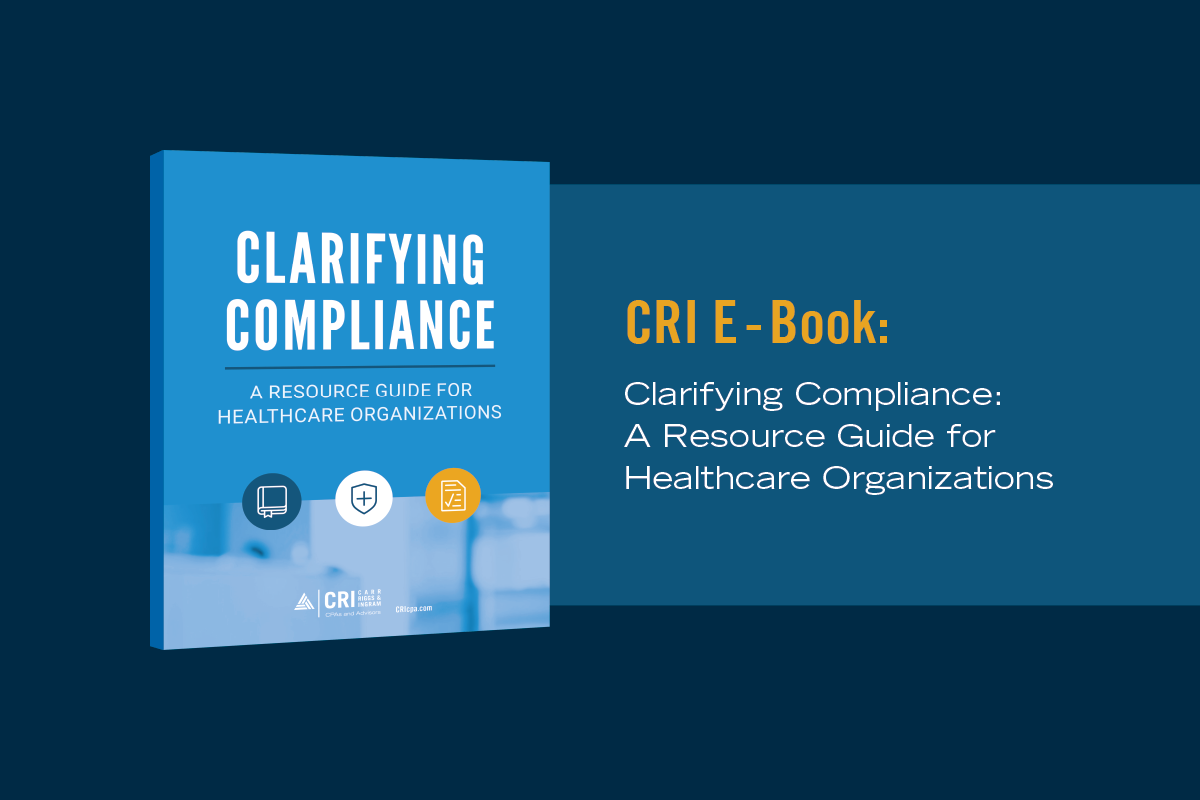Help Your Business Finish Strong with These 10 Year-End Tasks
Dec 1, 2023
As we plan for the new year, it’s an ideal time for business owners to focus on wrapping up the year effectively. While the charm of holiday festivities – from savoring turkey dinners to enjoying cozy fireside gatherings – is undeniable, focusing on year-end business tasks is crucial for ensuring a seamless and successful transition into the new year.
By strategically tackling these ten key year-end activities, you’re positioning your business for growth in the coming year and proactively safeguarding against potential challenges that may arise in the future:
- Review financial reports. Where does your business stand today relative to the goals you set at the beginning of the year? Did revenue and profit grow beyond what you’ve seen in previous years? Review your income statement, balance sheet, and cash flow statement so you can compare real numbers to your perceptions of how things went.
- Assess cash flow trends and patterns. Look for trends, paying particular attention to those you didn’t anticipate. Can you increase cash flow by minimizing unnecessary expenditures, or should you consider shifting the timing of certain necessary expenses?
- Evaluate the company’s performance and set goals. How well did the business meet its objectives for the year? In addition to overall growth, revenue, and profitability, consider individual achievements. Award bonuses and raises as appropriate, then set goals for next year. Do the numbers support additional business investments or new hires?
- Reconcile accounts receivable and collect on past-due accounts. Try to collect on outstanding receivables before the end of the year, especially those in arrears. Identify any past-due amounts that may be uncollectable and decide how to proceed.
- Gather tax documents now. Begin collecting records now that you’ll need when filing this year’s tax return. Find receipts for deductible expenses, taxes paid, and other relevant documentation.
- Gauge tax liabilities and consider optional year-end deductible expenditures. A preliminary look at the company’s tax picture for the year can be invaluable to help you make short-term financial decisions. Should you make purchases now or wait a few months to claim the deduction next year? Is it better to delay revenue where you can?
- Do a December data cleanup. Check backups for corrupt data, review records for missing information, and verify that file naming conventions are consistent. Tidy up paper and digital files to keep them well organized.
- Update payroll and benefits records as well as vendor data. While you’re spiffing up your data, remember to correct any staff and vendor contact information that has changed during the year. Ensure records of payments to employees, contractors, and vendors are complete and accurate, so your year-end reporting delivers the right information to the right people and places.
- Align inventory records and replenish supplies. Check inventory against your records and update, finding explanations for any discrepancies you uncover. Then take a look at office supplies and other products the company uses. Stop storing (and ordering!) any unneeded items. (Extra toner for the printer that was replaced last January, anyone?)
- Give your company’s website and communication tools a checkup. Make sure you’re starting the year with the right information on all types of communication tools: website, social media profiles, business cards, even the recorded messages on phones and autogenerated email responses. Fix any broken links you find and update names, titles, addresses, phone numbers, and responses as needed to make everything current.
Collaborate for Business Success
If you’ve been keeping up with the business “housekeeping” throughout the year, then checking off everything on this list probably won’t feel too burdensome. If it proves more of a hassle than you had hoped, however, that may be a sign you need a different approach.
Consider options like outsourced accounting and IT services to optimize business processes and gain access to reliable, real-time data. You’ll also free up additional time for leaders to work on high-level tasks rather than spending hours on routine chores that don’t yield great results.
Contact your CRI business advisors to learn more ways to build value in your business and supercharge your efficiency next year.





















































































































































































































































































































































































































































































































